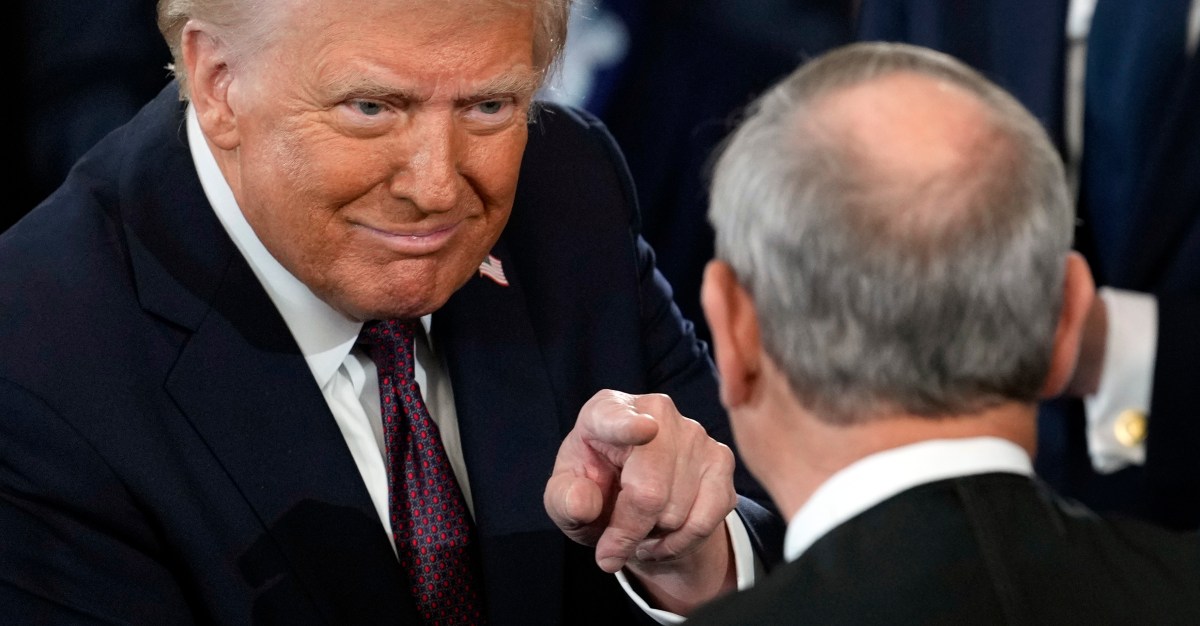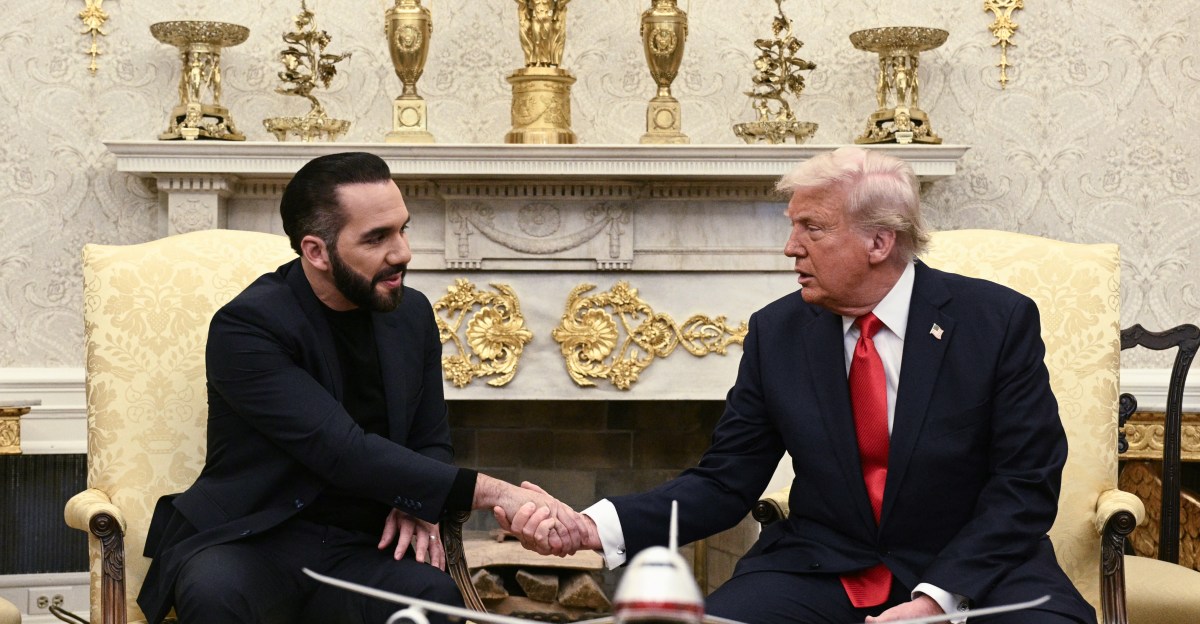Now Reading: A major Trump power grab just reached the Supreme Court
-
01
A major Trump power grab just reached the Supreme Court
A major Trump power grab just reached the Supreme Court

The case of Trump v. Wilcox is currently under consideration on the Supreme Court’s “shadow docket,” raising the issue of whether certain federal agencies that are meant to be independent from the president should lose that independence. This case is part of a series of Supreme Court cases involving the “unitary executive” theory, which proposes that presidents should have legal control over all federal positions that are not part of Congress or the judiciary. It appears that the outcome of this case may not be favorable for those advocating for agency independence.
In previous cases related to the unitary executive theory, the Court’s Republican majority has demonstrated a strong commitment to expanding presidential power, including the authority to dismiss officials who are supposed to be free from political influence. The case of Humphrey’s Executor v. United States in 1935 upheld a law protecting FTC commissioners from arbitrary dismissal, emphasizing their role as expert decision-makers. This precedent led to the establishment of similar agencies, such as the Federal Reserve, which is tasked with making economic decisions based on expertise rather than political considerations.
The current Republican justices on the Court have shown a disregard for agency independence and have limited Congress’s ability to shield government officials from presidential control. The unitary executive theory has been used to justify expanding presidential powers, as seen in the case of Trump v. United States. The Wilcox case involves federal officials fired by Trump in violation of laws protecting their positions. If Trump gains control over the MSPB, it could undermine civil service protections and anti-corruption measures.
The Wilcox case presents an opportunity for the Court’s Republican majority to potentially overturn Humphrey’s Executor entirely, removing independence for federal agencies like the Federal Reserve. Despite the Court’s previous decisions on the unitary executive theory, there remains a possibility that some Republican justices may question expanding presidential powers, especially considering the chaos caused by Trump’s actions during his presidency.
The unitary executive theory is based on interpreting the Constitution’s provision granting executive power to the president. Supporters argue that the president should have control over executive functions, including the hiring and firing of government officials. However, the definition of “executive” power is subjective, and the theory’s implications have been controversial. The outcome of the Wilcox case could have significant repercussions, potentially making Trump one of the most powerful presidents in U.S. history.






